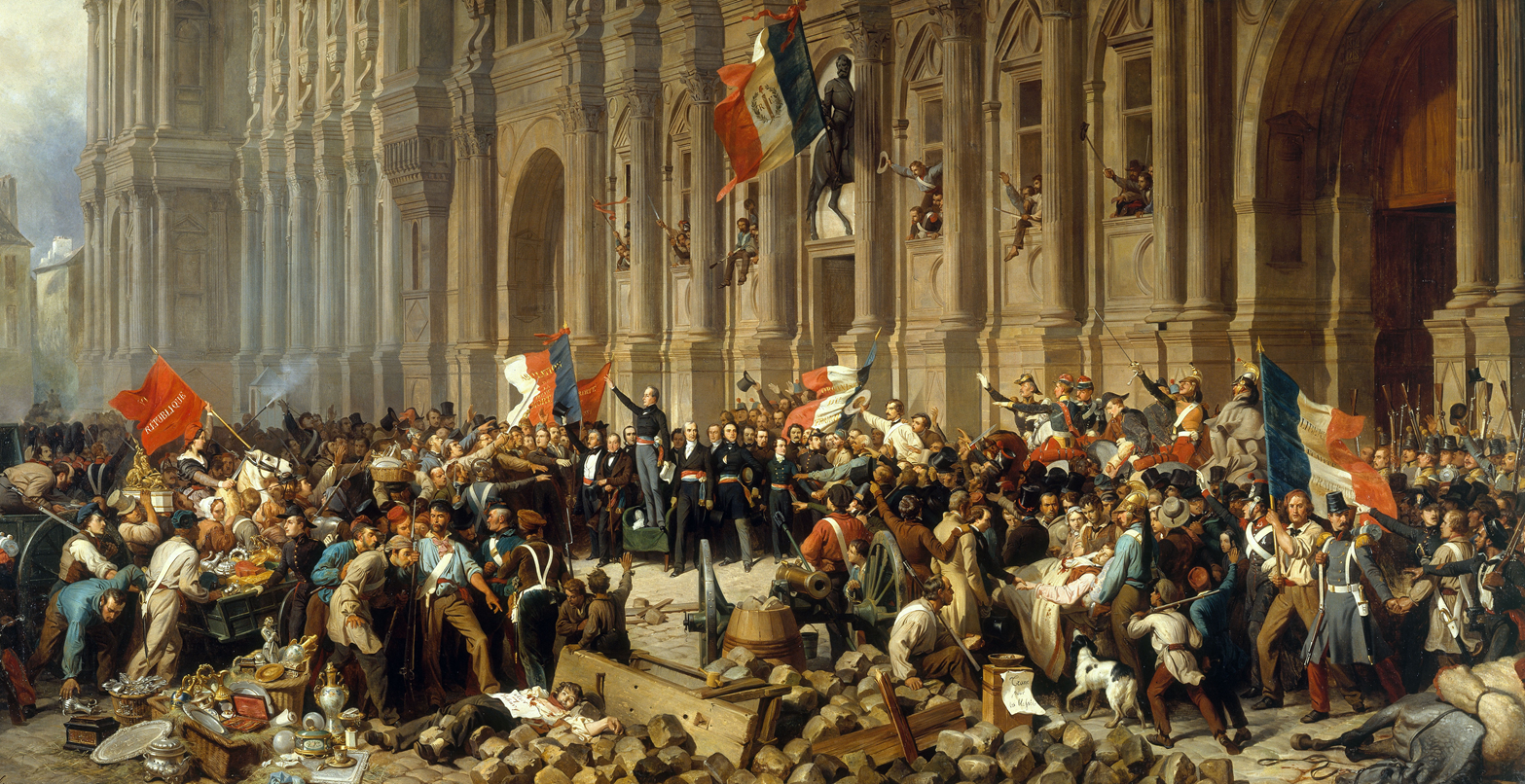Unit 16: The French Revolution (1789-1815) Overview
Unit 16: The French Revolution (1789-1815)

Unit 16: The French Revolution (1789-1815)

Unit 16: The French Revolution (1789-1815)
This unit emphasizes how heavy taxes and a lack of representation in government inspired the revolt in France and the rise and fall of Napoleon Bonaparte as emperor of France.
French Revolutionary wars, title given to the hostilities between France and one or more European powers between 1792 and 1799. It thus comprises the first seven years of the period of warfare that was continued through the Napoleonic Wars until Napoleon’s abdication in 1814, with a year of interruption under the peace of Amiens (1802–03). The end of 1799 may be conveniently taken as the dividing point between the Revolutionary and Napoleonic phases of the conflict, since in that year the consulate of Napoleon Bonaparte was established.
The Origins of the Wars
The French Revolution aroused the hostility of foreign monarchs, nobles, and clergy, who feared the spread of republican ideas abroad. Émigré intrigues led the Austrian and Prussian rulers to make the declaration of Pillnitz (Aug., 1791), stating that, if all the powers would join them, they were willing to restore Louis XVI to his rightful authority. French public opinion was aroused. When the Girondists obtained control of the ministry (Mar., 1792) and Emperor Francis II acceded in Austria, war became almost inevitable. It was desired by many of the revolutionists—with the notable exception of Robespierre—who believed that war would insure the permanence of the new order and propagate revolution abroad, and by the royalists, who hoped that victory would restore the powers of Louis XVI.
French Revolution Facts:
- Prior to the beginning of the French Revolution peasants were so poor and the cost of food so high that many starved to death. A loaf of bread was equal to a week's wages.
- The rich were born rich - and vice versa. A person could not work to become wealthy - it could only happen by birth. The French Revolution changed this dismal fate for France's citizens.
- While the poor in France were starving the wealthy lived a life of extravagance. This imbalance caused extreme resentment and anger. The poor had to pay taxes to the king while the rich did not.
- When the French Revolution began and the Bastille was stormed on July 14th, 1789, only seven prisoners were found inside.
- The French revolutionaries stormed the Bastille in search of gunpowder; they were not as interested in the prisoners.
- Charles Dickens wrote a book that was set during the French Revolution titled A Tale of Two Cities.
- Prior to the French Revolution, it was illegal to worship as a Protestant or as a Jew. These religions were illegal. After the Revolution people were free to follow these religions.
- The French Revolution resulted in the freeing of 10,000 African slaves.
Unit Focus
- reasons for discontent among the French people during the reign of Louis XVI
- comparisons between the Old Regime and the New Regimes in France
- influence of Napoleon
Vocabulary
Lesson Reading

